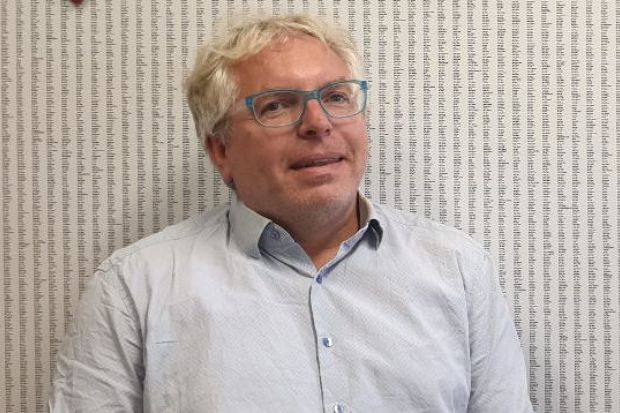Perth’s Murdoch University and the staff-elected member of its governing body have dropped legal action against each other, signalling the end of a long-running saga over Murdoch’s treatment of international students.
In a joint statement with the National Tertiary Education Union (NTEU), Murdoch said a resolution had been reached on legal proceedings involving Murdoch mathematician Gerd Schröder-Turk.
Dr Schröder-Turk initiated the proceedings over the university’s attempts to remove him from the senate, after he had criticised its international operations in a May 2019 broadcast of the ABC current affairs programme Four Corners.
He had alleged that Murdoch was admitting Indian students with inadequate English language capabilities, “setting them up for failure” in a rush for cash to address the university’s financial problems.
Murdoch filed a cross-claim against Dr Schröder-Turk in September, alleging that it had suffered “loss and damage” as a consequence of his media comments and seeking millions of dollars in compensation.
In January the university announced that it would no longer seek damages from Dr Schröder-Turk, although it would persist with its attempt to have him removed from the senate. It said Dr Schröder-Turk had breached his duties as a senate member in accordance with the Murdoch University Act.
“[This matter] is not and has never been about academic freedom,” Murdoch said at the time. “It is simply about senate governance.”
The joint statement says Murdoch has now permanently withdrawn the senate motion to eject Dr Schröder-Turk. “[He] remains a valued member of both the Murdoch University academy and of the Murdoch University Senate,” it says.
Murdoch will also “facilitate a comprehensive and independent review of its senate governance processes”, the statement adds. In December, Times Higher Education revealed that the university had curtailed senate members’ powers to investigate internal issues such as problems in international student recruitment.
Dr Schröder-Turk said he was glad that the court proceedings had ended. “I look forward to continuing to contribute to the governance of Murdoch University through my membership of its senate, and to contributing to the broader public discussion around governance and international student recruitment practices of public universities.”
He predicted that the case could embolden staff representatives on university governing boards across the country. “I hope that in a few years’ time we can look back at this case as one that has highlighted the substantial benefit of staff representation.”
NTEU president Alison Barnes said the developments marked a “momentous day” for academic freedom. “All academics, including those elected onto our university senates, have the right to speak publicly about matters that concern Australian universities, which may include criticism of their own institution.
“This is fundamental to ensuring that academics are free from the threat of penalty or persecution in the pursuit of truth.”
Lawyer Josh Bornstein, who represented Dr Schröder-Turk, said the resolution underlined the importance of provisions of the Fair Work Act in protecting “whistle-blowing employees”.
Register to continue
Why register?
- Registration is free and only takes a moment
- Once registered, you can read 3 articles a month
- Sign up for our newsletter
Subscribe
Or subscribe for unlimited access to:
- Unlimited access to news, views, insights & reviews
- Digital editions
- Digital access to THE’s university and college rankings analysis
Already registered or a current subscriber? Login








